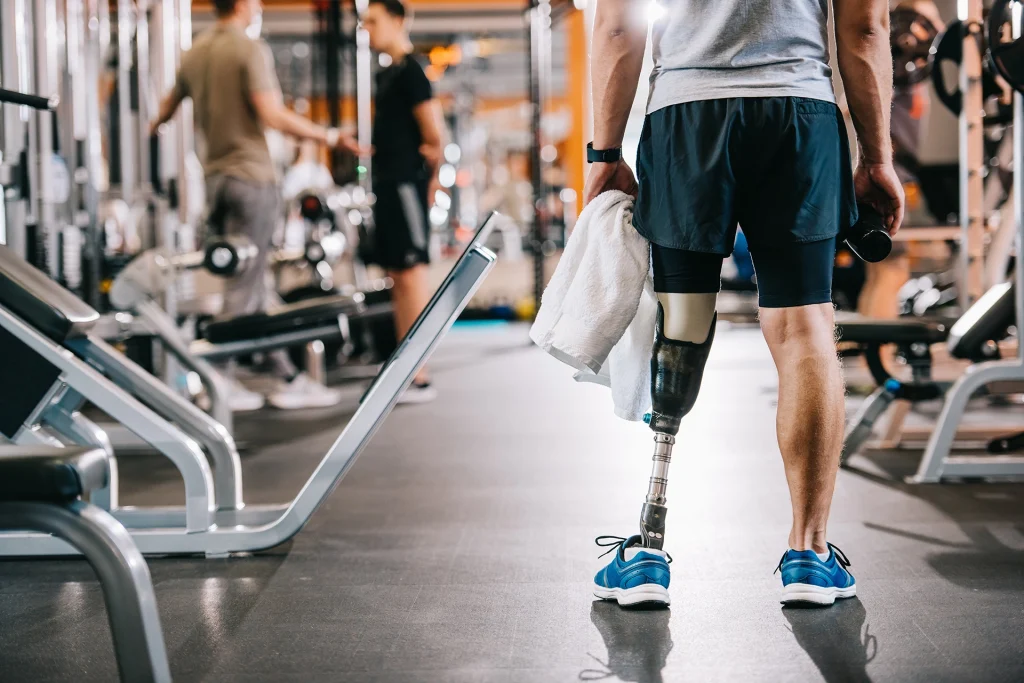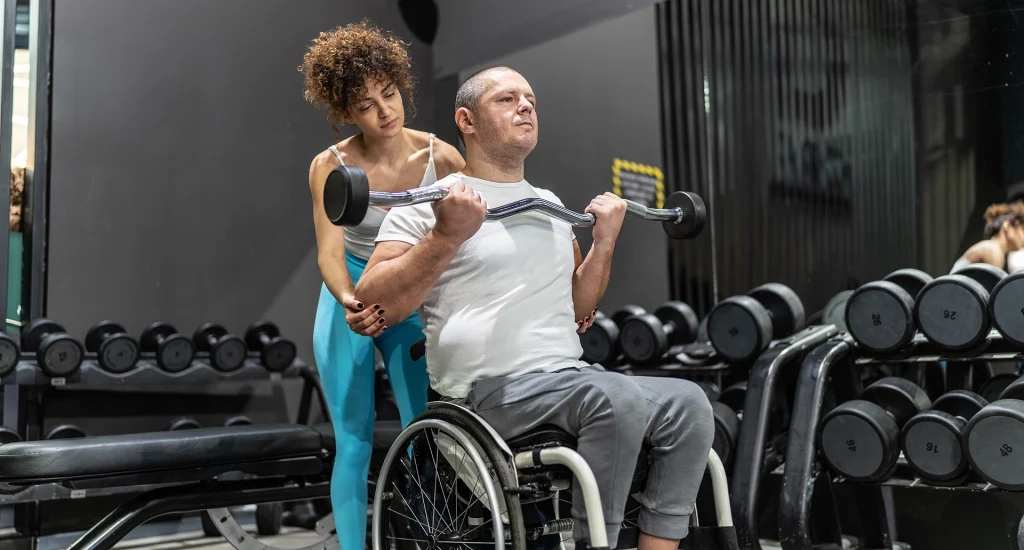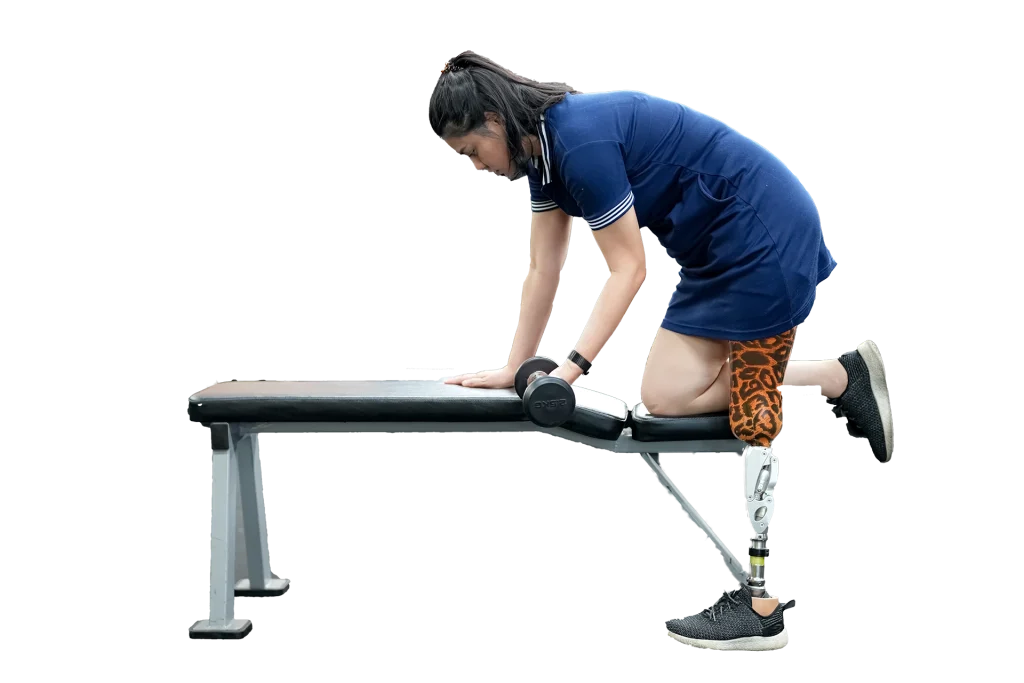BUSINESS
The New NDIS Provider Requirements Are An Opportunity

There is a large and highly divisive debate raging within Australia’s National Disability Insurance Scheme (NDIS) and the broader disability community, regarding the proposed changes, which will require ALL providers to be registered. Yes, even if you’re a sole trader, and yes even if the participants are self or plan-managed; NDIS participants will only be able to use their funds with registered providers. Period.
Some quick context: one of the reasons this wasn’t already a rule is because by requiring registration it was believed there would be fewer suppliers, as not all businesses would be willing to undergo the compliance and regulation processes. This would result in reduced ‘choice and control’ for NDIS participants, which is a key component of the scheme (i.e., if there’s only one registered provider in town, it’s not much of a choice). So, under the current system, if your services are ‘low risk’ then you don’t need to register, which means more providers for NDIS participants to choose from and access.
So why the change?
There are a few reasons, but the main one concerns ‘dodgy’ operators claiming funding for services that aren’t being provided. Many people on the scheme are vulnerable and susceptible to placing their trust in people who end up taking advantage of them. It is a terrible thought and disgusting behaviour, but it happens. Considering the annual scheme is $30B+, the government is keen to reduce ‘waste’ and mandatory registration has been seen as an answer – a safeguard.
The debate is a big one because last financial year there were over 16,000 registered providers in Australia (and falling), compared to 154,000 unregistered providers (and rising). This means less than 10% of NDIS providers are registered. If the recommendation was put into effect today, it would mean more than 90% of NDIS providers would no longer be available to participants, who were promised ‘choice and control’.

Registration and compliance aren’t as onerous as you might expect for fitness professionals, mainly because the support provided is low risk.
This is the argument against the proposed changes – a demand for choice and control, and a request to punish the rorters as they are caught, rather than those in need of the services. It’s that old ‘safety versus liberty’ debate.
Of course, there’s also the impact of the underlying bureaucracy. Currently, the wait-time to be approved as a provider is around 12 months. What would happen if even half of those unregistered providers applied? Chaos.
So, “Where is the opportunity?” I hear you ask. Believe it or not, the opportunity is in becoming registered.
Registration and compliance aren’t as onerous as you might expect for fitness professionals, mainly because the support provided is low risk. Add to that the (defendable) position that not all fitpros would jump at the chance to go through an audit and ongoing compliance. The result is less competition and more opportunity; and the opportunity is real – funded clients, mostly off-peak hours, new challenges, and rewarding work. What’s not to love? The price to pay, is simply staying on top of the NDIS requirements.
Personally, I’ve always struggled to see other fitpros working in the scheme as ‘competitors’. We’re colleagues and inclusive fitness services will only grow in demand and take up more space in the mainstream fitness industry. By becoming an early adopter now, you’ll be fully NDIS-integrated by the time these proposed changes take effect; while other fitpros will find themselves scrambling to get registered. This opportunity and the demand for these services will only get bigger.

How to get started
If you are interested in this opportunity to add both revenue and mission to your fitness business, here’s how to get started.
The registration process is as simple as a government process can get. In a nutshell, the steps are:
- Apply to be a provider via the NDIS Commission. You’ll need to supply basic information about your business, what services you want to offer, and a self-assessment on the NDIS Practice Standards.
- Find an approved quality auditor from among the many who currently provide NDIS auditing services.
- Undergo that audit. They’ll most likely take you through a ‘desktop’ audit – meaning a virtual one. They’ll look through your policies, procedures, systems, etc to check it’s all compliant.
- They’ll then send you and the NDIS Commission their report.
- Now we play the waiting game…
- Receive your application outcome.
The good news is you don’t need to go it alone. There are many companies who specialise in the above and can support you in this journey – including me! So, if you’d like to further discuss the NDIS, how to work with clients with disability, accessibility issues, or anything else around inclusivity, let’s chat!

Tommy Trout
As a dedicated inclusion enthusiast, Tommy is the operator at Inclusive-AF, which provides services including Tailored e-Learning on Support Needs, and Accessibility Audits and Certifications. Tommy is also the founder of WeFlex, an advisor at Autism Swim + Sekond Skin Society, and a FITREC DNA Ambassador.